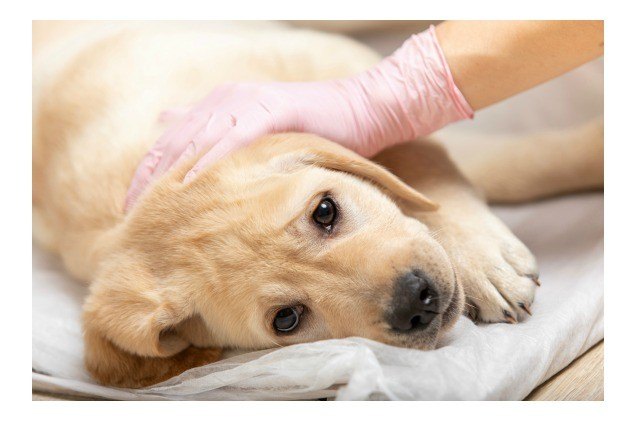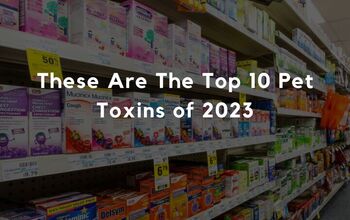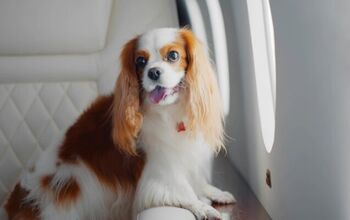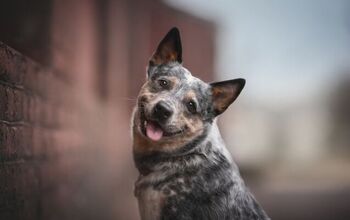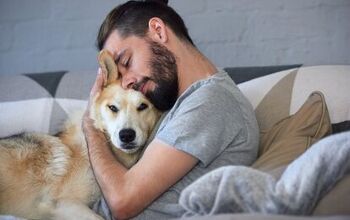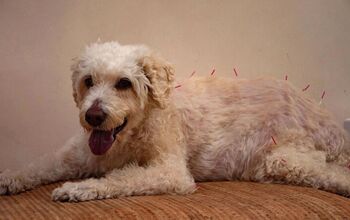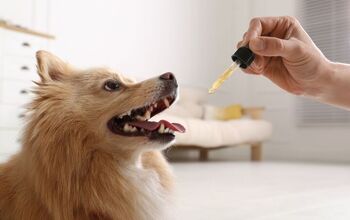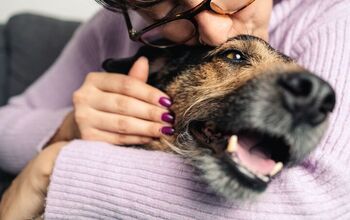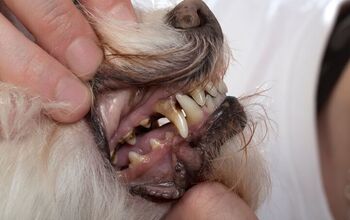Parvo Cases On The Rise During COVID-19

While the human race battles the novel coronavirus SARS-CoV-2 (the virus that causes COVID-19), new statistics from BluePearl Veterinary hospitals suggest there’s an uptick in cases of puppy Parvo across the nation.
Related: Are Anti-Vaxxers To Blame For Rise In Canine Parvo?
Parvo in puppies is caused by the canine parvovirus. It’s a highly contagious virus that spreads by direct contact with an infected dog or by indirect contact with a contaminated object like a food dish or toy. Every time your puppy sniffs, licks or eats infected poop (and yes, puppies do all of those in epic quantities), he’s exposed to parvo. People who are exposed to parvo can also cause the indirect transmission to dogs, and the virus can be deadly to our little friends.
BluePearl runs over 90 pet hospitals across the country, and they say that their hospitals have seen ‘alarming’ increases in the number of parvo cases and hospitalizations in 2020. Since 2020 has been dominated by COVID-19, pet adoptions have been on the rise–a good thing. But the number of parvovirus cases increasing by up to 70% nationwide? Definitely not a good thing, and certainly considering the comparison to the same time period over the last few years.
Dr. James Barr is BluePearl’s Chief Medical Officer. He says that Parvo outbreaks are a serious threat to our dog friends. He recommends we pet owners stay on top of our pet’s vaccinations and preventative care, as best we can in a world pandemic. This helps protect our pets and the humans that take care of them.
Possible explanations for the rise in cases could be that more people are spending time with their pets outdoors. Months of ‘social’ distancing and isolation have led to ‘quarantine fatigue,’ and people want to get out of the house. It’s essential, though, that we’re vigilant with all the new puppies and furry family members that have been added in the last few months. We need to keep them away from other dogs or dog parks or high traffic areas until they’re fully vaccinated so they stay best protected.
Unfortunately, shutdowns making vet appointments hard and pet-owners strapped for cash to take care of their dogs’ vaccinations have not helped the situation.
The symptoms of Parvo are sad to see manifest in your dog. They include a loss of appetite and uncontrolled vomiting and diarrhea. Lethargy is another symptom, and dogs and puppies can start showing those symptoms anywhere from 3-10 days after they’ve been exposed. Like humans with the flu or SARS-CoV-2 virus, dogs with Parvo are often contagious before they begin showing symptoms.
Related: Do You Know The Right Vaccination Schedule For Your Dog?
If your pet has any of those symptoms and may have been exposed, it’s imperative that you isolate your pet and call your local veterinarian as soon as you can. There is no cure for Parvo; your vet will treat the symptoms as best they can to ensure proper nutrition. Parvo can damage your dog’s intestinal wall and increase the likelihood of secondary infection, so your vet may also prescribe an antibiotic to help.

More by Lori Ennis



